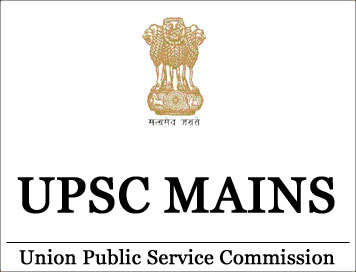UPSC IAS (Mains) Exam /
05 Jan 2024
Study Material For UPSC (Paper-III: General Studies - II) IAS Mains Exam

Syllabus: Paper-III: General Studies -II (Governance, Constitution, Polity, Social Justice and International relations)
| Sr. No. |
Case |
Related Article |
Supreme Court Judgement
|
|
1.
|
A.K. Gopalan Vs. State of Madras
|
21 & 22
|
- Invalidated section 14 of Preventive Detention Act while declaring the rest of the act as valid and effective.
- “Personal liberty” under article 21 means liberty of physical body (freedom from physical restraint)
|
| 2. |
Sajjan Singh Vs. State of Rajasthan (1964) |
13 & 368 |
- A constitutional amendment act made under Article 368 is not a law within the meaning of Article 13(2).
|
| 3. |
I.C. Golak Nath Vs. State of Punjab (1967) |
13 & 368 |
- It overruled its earlier verdict delivered in the Shankari Prasad Case (1951) and Sajjan Singh Case (1964).
- Amending power under Article 368 cannot be used to abridge or take away the fundamental rights guaranteed in Part III of the Constitution.
|
| 4. |
Kesavananda Bharati vs. State of Kerala (1973) |
13 & 368 |
- Popularly known as Fundamental Rights Case
- Parliament, by exercising its constituent power under Article 368, can amend any or all the provisions of the constitution including those relating to the fundamental tights, but except the “basic structure” of the constitution.
|
| 5. |
Maneka Gandhi vs. Union of India (1978) |
21 |
- Overruled the judgement delivered in the A.K. Gopalan vs. State of Madras Case (1950).
- It laid down the following –
- Articles 14, 19 and 21 are not mutually exclusive.
- This means that a law prescribing a procedure for depriving a person a ‘personal liberty’ has to meet the requirements of Article 19.
- Also, the procedure established by law in Article 21 must answer the requirements of Article 14 as well.
|
| 6. |
Minerva Mills vs. Union of India (1980) |
31C & 368 |
- Amendment made to Article 31C (to give precedence to Directive Principle of State Policy over Fundamental Rights) by 42nd Amendment Act was declared unconstitutional.
- Ruled that Parliament cannot exercise this limited power (to amend constitution under Article 368) to grant itself an unlimited power. Hence the parliament cannot usurp the fundamental rights of individuals, including the right to liberty and equality.
|






















